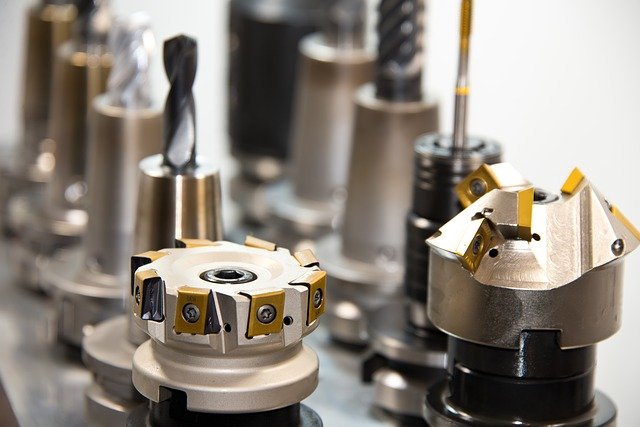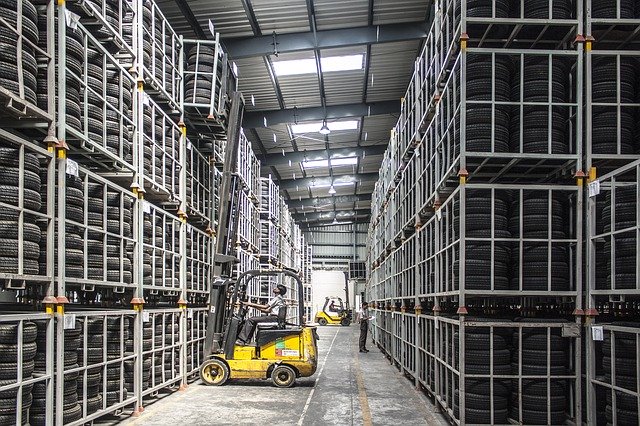The long and short of this one is, yes. You absolutely should. Anything that elevates production and makes work easier should not be dismissed as something for the big companies. Unfortunately, a host of businesses still hold that notion.
Automating machine tending is necessary for manufacturing. The future of your business may very well depend on it. If the present-day pandemic has taught the business world anything, it is that automation is essential.

The worker feeding the parts to the robot could be engaged in more cognitive tasks. They would be glad to move on from repetitive processes such as machine tending. Moreover, automated machine tending comes with plenty of benefits such as:
- Boosting productivity
- Effective competitiveness
- Increasing profitability
Manufacturers should give robotic machine tending a shot and here’s why:
-
Taking Over Repetitive Processes
Robots are better suited to take up repetitive processes than humans. Machines do not have the limitations that humans have. They never get tired, bored or distracted. Their margin for error is very small.
A robot simply gets on with the work it has been programmed to do. This ensures that the quality of your product is consistent. It also reduces the chances of product recall due to errors or poor quality.
-
Robots Can Work Nonstop
Whether supervised or unsupervised, robots do not take breaks. They can run for as long as you need them to. They continue working even after your human employees have left for the day.
-
Robots Can Work In Hazardous Environments
There are environments in manufacturing environments that are dangerous for humans to work in. They could get hurt or fall sick if they are exposed to these environments. Then the company loses not only days but also money to illness and time off.

Machines will work in environments where there are extreme temperatures. They will have no problem working in dust or extreme heights. They are versatile and can be programmed for any machine tending application that is needed.
-
Robots Take up Mundane Tasks
Some manufacturing tasks consist of picking a product from one place and taking it to another. This is done repeatedly and any human worth their salt will find it monotonous and boring. Also, inasmuch as we revere robots and their abilities, nothing beats the human brain.
It is completely wasted on tasks that are not cognitive. When robots take over these tasks, they free the humans to take up more meaningful and challenging duties. Machine tending applications fall into the category of mundane tasks.
You can train your workers to acquire skills such as programming, maintenance, and repairs and have machine tending robots take over. Your employees will be grateful to report to work for more suitable duties. Also, employee turnover will go down.
-
Robotic Versatility
Depending on how they are programmed. Robots can work with a wide range of parts and components. They can change grippers when they have to work on products with different shapes and sizes. They can also ‘see’ a part as goes in and change its position if need be.
-
Fast ROI (Return on Investment)
Many manufacturers are afraid that they may spend too much on a robot and not make that money back. If you add up the benefits of investing in the robot, you will see why it makes sense to get one.
Better quality products produced in higher volumes means you will be able to make more sales. This results in more profits and within a short time, your robot will have paid for itself. Also, think about how much you could save since you robots do not take a paycheck.

Conclusion
Clearly, competition demands that companies automate their machine tending processes. The consumer will only buy good quality products. With improved quality comes a bigger customer base.
To meet the demand for your improved product, automation is necessary. In fact, the future of your company with regard to productivity and efficiency depends on automation.
